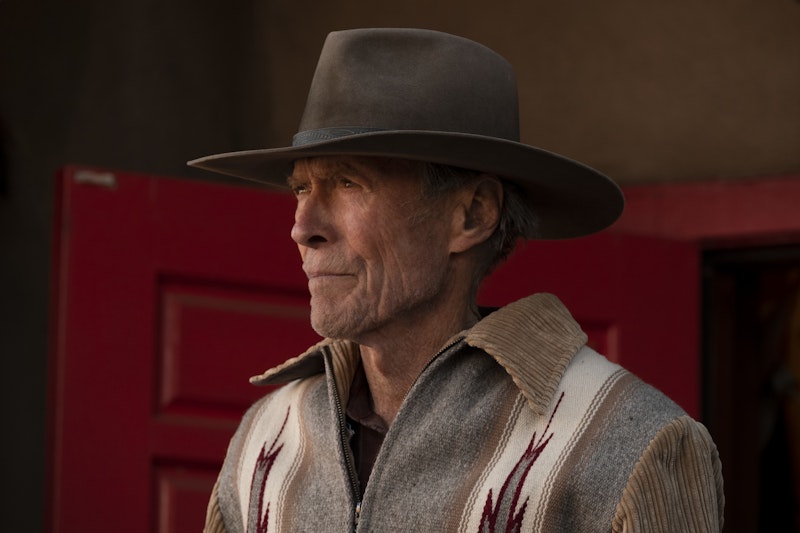In 2021, during an academic seminar called "A Lyrical Poet as a Political Writer: The Captive Mind by Czeslaw Milosz,” professor Andrzej Karcz made an important point. The Captive Mind, the 1953 anti-communist classic book by Czeslaw Milosz, isn’t just a political book. “The Captive Mind is about much more than politics,” Karcz said. “On the surface it seems to be about politics and communism, an explanation of why eastern European intellectuals embraces communism. There are many deeper meanings. This is a very complex work. This is a work of literature, not a work of politics.” To relegate this work to the political ream would be, he concluded, “an impoverishment.”
The Captive Mind belongs on the shelf with similar works like Witness by Whittaker Chambers and The Gulag Archipelago by Aleksandr Solzhenitsyn.
Where is the great conservative equivalent today? Where is the modern Orwell, Chambers, or Tom Wolfe?
Last week, on Splice Today, I noted that conservative coverage of the arts is pitiful compared to a juggernaut like Sunday’s New York Times. Conservatives are fighting a lot of battles with the American Stasi, and that’s where they’re putting most of their resources.
Still, we should have lasting literature or art arise out of the struggle. The Captive Mind still hits hard 70 years after its publication because it delves into human psychology and spirituality, and is written in prose that’s challenging yet lush with metaphysical meaning. The same can be said for the great 1986 anti-Stasi film The Lives of Others. It’s high art in defiance of totalitarian ideas.
Despite more than 50 years of rising political correctness, and now the woke mob that’s destroying lives, conservatives have produced no great and lasting art of defiance. Writing recently in the Times, Michelle Goldberg argued that the obsession with wokeness is leaving the Right with blind spots: “After all, the nearly 50-year project of ending Roe is complete. Stirring crusades against Communism and then against radical Islam have subsided. The cult of personality around Trump has splintered. Many on the right would still like to obliterate the welfare state, but they’re deeply defensive about it. Hatred of wokeness is a brittle foundation for political identity, but it’s almost all that’s left.”
Goldberg focused on Leonard Leo, a leader of the Federalist Society, who’s broadening his ambitions. According to Goldberg, “Leo is hoping to transform American culture the way he transformed the judiciary. In the words of an investigative report produced by ProPublica and Documented, he aims to build a sort of ‘Federalist Society for everything,’ devoted to helping reactionaries consolidate power in realms like Wall Street, Silicon Valley, journalism, Hollywood and academia.”
I have an idea for Leo. As I argue in my new book, The Devil’s Triangle, we’re dealing with an American Stasi that needs to be mocked, defied and rejected. My book explores the nightmare of 2018, when my friend Brett Kavanaugh was nominated for the Supreme Court. A group of oppo researchers tried to spread the falsehood that Brett sexually assaulted a girl when we were all in high school, and they tried to grab me into their horror show. Some weird and dark stuff happened to me, everything from an extortion attempt to honey traps.
After the nightmare was over I got a call from an A-list Hollywood actor. “Can you imagine the possibilities of making the Kavanaugh battle into a film?” he said. “You don’t make it as some apocalyptic good-vs-evil religious film, although those elements are there. You make it as a psychological thriller. It’s not Left Behind, it’s All the President’s Men. And the flashbacks to the 1980s? Incredible. Imagine the soundtrack. There’s just so much there.”
No one else seems to agree—although here are plans to turn a still-unwritten book by virtue-signaling lummox and Stasi general John Heilemann into a film on Showtime. Leonard Leo could do worse than buying my script. He should also understand that flawed protagonists are more interesting than Supermen.
When you don’t turn the fight for freedom into an expansive vision that can be expressed in the arts, things fall back on favorite tropes—Ben Shapiro confronts college students, Ted Nugent fires his gun. These blasts provide a rush, but it’s temporary. Thus the recent scandal involving Michael Knowles. Speaking at CPAC, the Daily Wire host said the following: “For the good of society... transgenderism must be eradicated from public life entirely—the whole preposterous ideology, at every level.”
There was blowback, and Knowles was right to threaten legal action against those who falsely claimed that he’d called for the eradication of people and not the elimination of a bad ideology. Still, one got the sense that Knowles was desperately huffing at the right-wing bong of self-righteousness to suck up some last embers of outrage. (It’s also stupid to call for eradicating any ideology; the poisonous ones like communism should be shunned and ridiculed, not cancelled.) While Knowles didn’t call for violence, his nasty tone and coolly efficient demeanor reminded me of the bad cops in Clint Eastwood’s 1973 classic Magnum Force. Magnum Force is about a group of police officers that begin killing alleged criminals who haven’t been charged or arrested. In the film Eastwood is the best kind of conservative, a realist cop who hates crime but won’t stray outside of the system to try and fix it. Eastwood’s the sane center between the Antifa left and the January 6 Right. It’s why his character, a widower, is so compelling.
Last week I got a call from an old buddy, a guy who stuck with me through the Kavanaugh hurricane. “Hey, there is a great movie coming out about you,” he said. “Fantastic modernist director—a genius—top acting talent, daring cinematography and an incredible script. It’s also sympathetic to that Stasi freak show you went through.”
I was stunned. What is this film?
“It’s The Trial, directed by Orson Welles and based on Kafka’s book. They restored it for its 60th anniversary.”

